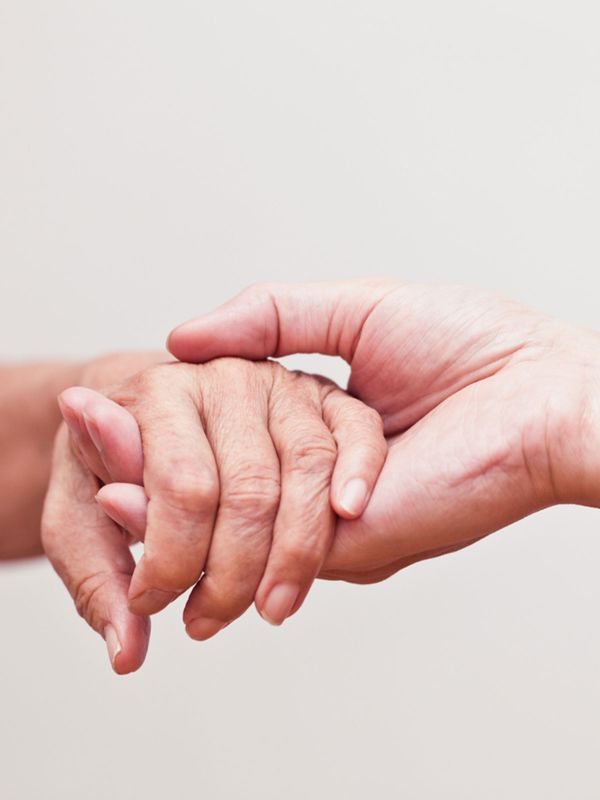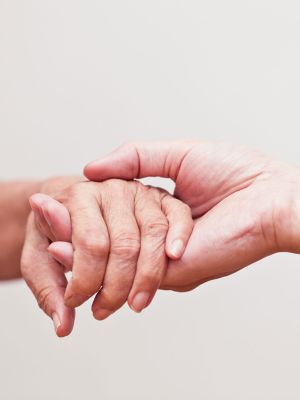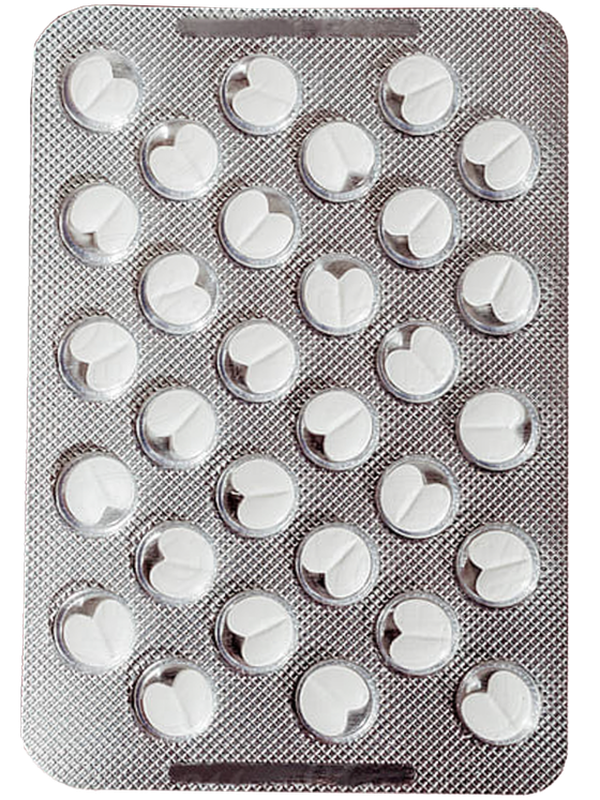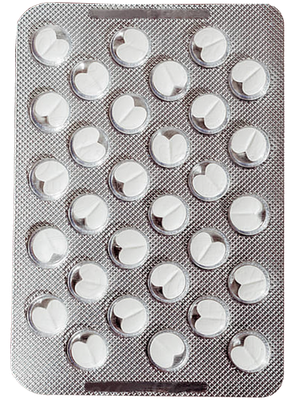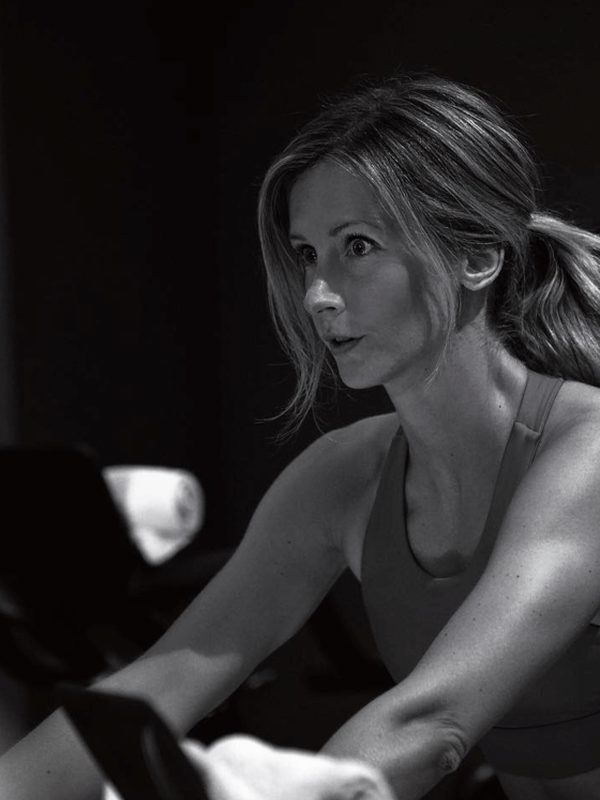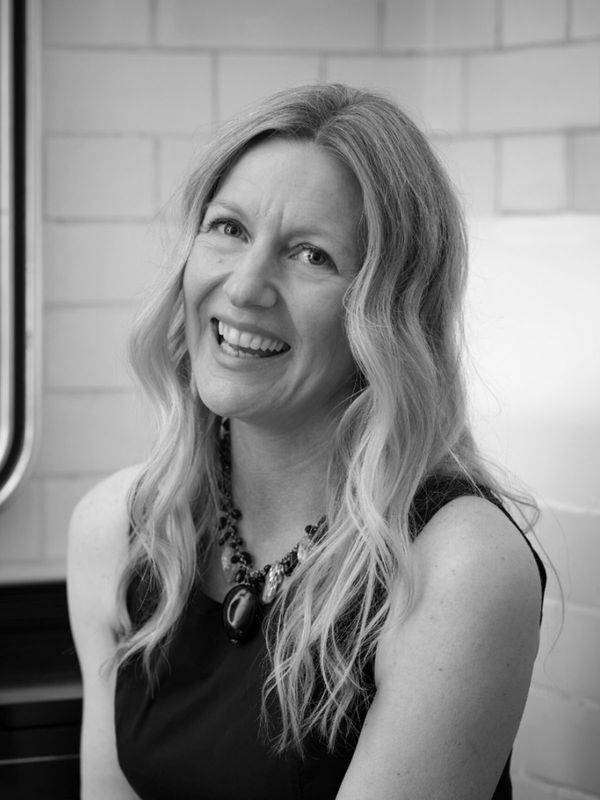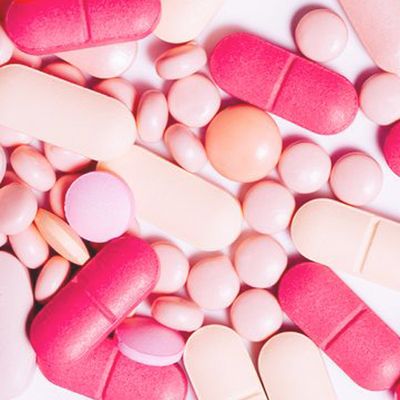
Is Xanax The New Drug We Need To Be Worried About?
What’s happening?
Professionals are warning of an emerging Xanax crisis in the UK after new research revealed Britain is the second largest market for unlicensed sales of the drug. Experts say it has become one of the top five drugs among young people, alongside marijuana and alcohol.
Currently, the UK accounts for around 22% of global black market sales. The only place with a higher purchase rate is America, which makes up around 50%. The last three years have seen a huge spike in the number of young people being hospitalised for Xanax-related incidents, including five Sidmouth teenagers in June 2016; around 20 young people in Wiltshire in May 2017; and six London schoolgirls who allegedly took the drug in school in February 2018. East Sussex police warned people on Twitter about the dangers of taking Xanax over New Year after a number of hospital admissions over the Christmas period, while Police Scotland was forced to issue a warning in January 2018 after alprazolam – the generic term for Xanax – was implicated in more than 20 deaths.
What makes Xanax so dangerous?
Like Valium, which is prescribed more frequently by doctors in the UK, Xanax is a benzodiazepine – a class of tranquilising drugs used to treat anxiety, panic disorders and insomnia. Low doses will make the user feel calm and relaxed, while higher doses can induce sleep, and in some cases give a euphoric feeling. But, as a 2012 New York Magazine article states, benzos work by “supressing the output of neurotransmitters that interpret fear,” meaning they have the ability to erase any feelings of danger, which can have disastrous consequences.
As part of their new UK survey on Xanax use, Vice set up a hotline that allowed people to call anonymously and talk about their experience with the drug. One caller recalled the time his friend fell off a 10ft concrete drop whilst high: “He fell straight off onto his face. An Olympic dive onto his face and he was bleeding everywhere. F**ked up really bad. And he just got up like it was nothing and kept walking. He ended up going A&E that night. He was completely unaware.” That’s the dangerous thing about Xanax – unlike an alcohol blackout which sends you to sleep, a Xanax blackout allows you to carry on functioning, you just won’t remember it.
The drug is both addictive and deadly when mixed with other recreational substances – which users often do in an attempt to amplify their high. In 2015, 366 people were killed by benzo-related overdoses, which is more than by cocaine, speed or MDMA. And in November last year, 21-year-old rapper Lil Peep – who glorified Xanax use in his lyrics – died after taking an accidental overdose of Xanax and the prescription opiate fentanyl.
As for how British teens are getting their hands on the pills, that’s another major concern. In the UK, Xanax can only officially be procured on private prescription, but buying counterfeit tablets on the dark web is all too easy. In fact, it’s easier than buying alcohol – there’s no need for ID, simply pay anonymously using Bitcoin and they’ll be delivered straight to your house. Plus, with counterfeit prescription tablets, there are no regulations or safety standards – DIY drugs producers are buying large amounts of alprazolam powder (the main active ingredient in Xanax) and creating fake pills themselves at home.
To put the problem in perspective, BBC Three analysed data from dark net markets AlphaBay and Hansa, discovering that between 2015 and 2017, more than 1.5 million counterfeit Xanax tablets entered Britain’s illegal drugs market. Sold online, these were distributed in packs of 1,000 to deals at around 35p per pill, and resold for as little as £1 a pill – a price cheap enough for even the poorest of teens.
What’s being done?
At the moment little research has been carried out on Xanax use in the UK – much of the information people are looking at, like Vice’s survey, is based mostly on anecdotal evidence. But real data is the only way that experts can assess the scope of the problem and act accordingly.
But the concern over Xanax is growing. Labour MP Bambos Charalambous urged Public Health England to look into the boom after one of his constituents said her daughter had been groomed using the drug. “I want more research to find out how widespread this is,” he said. “I think the problem is far more widespread than we think. It’s vital that we quickly get a grip on this and find out what exactly is going on.”
There is, of course, a need to educate young people on the effects of benzos. Nick Hickmott, from the charity Addaction, told the Guardian: “Young people don’t have the time to explore anxiety and paranoia, and pressure and stress. Young people are looking for answers and they’re not necessarily looking to GPs carers or drug workers – they’re looking to each other.”
DISCLAIMER: We endeavour to always credit the correct original source of every image we use. If you think a credit may be incorrect, please contact us at info@sheerluxe.com.












